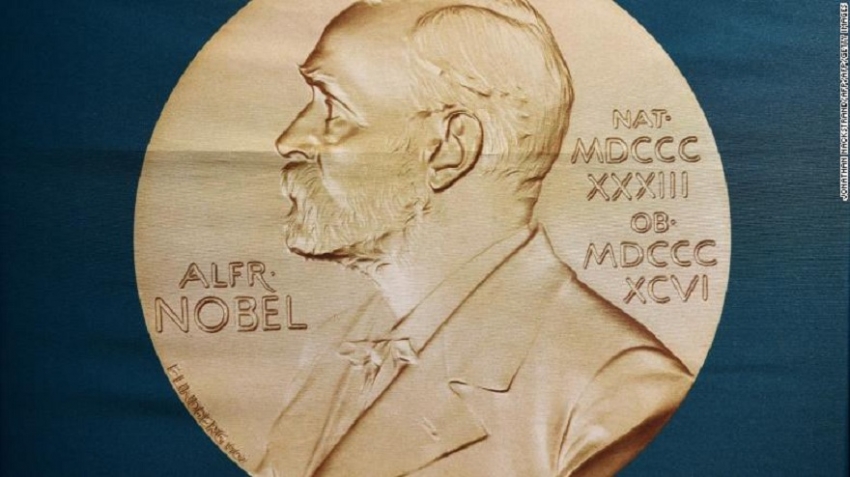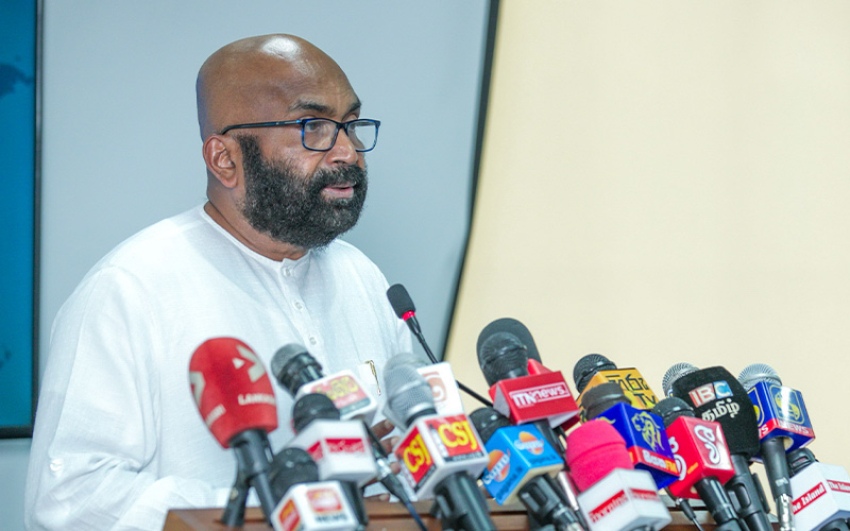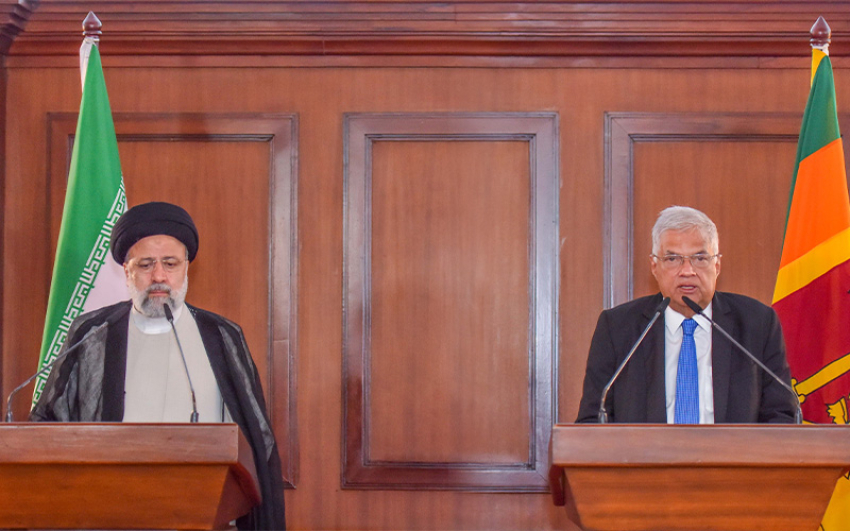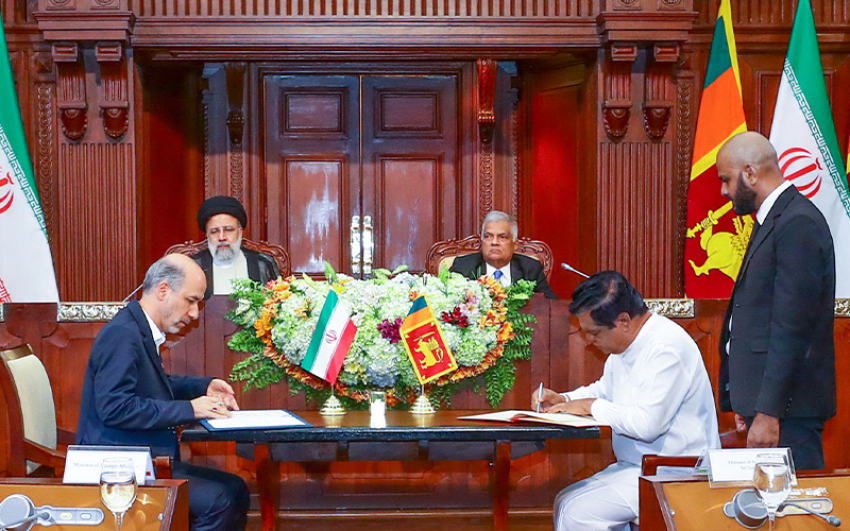A portrait of Swedish inventor and scholar Alfred Nobel on a banner at the Nobel Forum in Stockholm, Sweden, in October 2018.
A portrait of Swedish inventor and scholar Alfred Nobel on a banner at the Nobel Forum in Stockholm, Sweden, in October 2018.
(CNN)The Nobel Prize in Physics has been jointly awarded to James Peebles, Michel Mayor and Didier Queloz for their work in furthering our understanding of the universe.
In a ceremony in Stockholm on Tuesday, one half of the prize was awarded to Peebles for "theoretical discoveries in physical cosmology," and the other half to Mayor and Queloz for "the discovery of an exoplanet orbiting a solar-type star."
"This year's Nobel Prize in Physics rewards new understanding of the universe's structure and history, and the first discovery of a planet orbiting a solar-type star outside our solar system," tweeted the Nobel committee.
"The discoveries have forever changed our conceptions of the world."
BREAKING NEWS:The 2019 #NobelPrize in Physics has been awarded with one half to James Peebles “for theoretical discoveries in physical cosmology” and the other half jointly to Michel Mayor and Didier Queloz “for the discovery of an exoplanet orbiting a solar-type star.”Half of the 9 million Swedish krona ($910,000) prize will be given to Peebles, while Mayor and Queloz will split the rest.Over two decades Peebles developed a theoretical framework that forms the basis of our understanding of the history of the universe, according to the committee.His models reveal that we only know about 5% of the content of our universe, with the remaining 95% consisting of unknown dark matter and dark energy, according to a press release."This is a mystery and a challenge to modern physics," reads the release.
Mayor and Queloz focused their research on looking for unknown worlds in the Milky Way, and in 1995 discovered the first planet outside our solar system.51 Pegasi b is a gaseous ball similar to Jupiter, according to the release, and its discovery "started a revolution in astronomy."
Three scientists have been awarded the 2019 Nobel Prize in Physics for "ground-breaking" discoveries about the Universe.James Peebles, Michel Mayor and Didier Queloz were announced as this year's winners at a ceremony in Stockholm.They were jointly awarded the prize for work on the evolution of the Universe and the discovery of a distant planet around a Sun-like star in 1995.The winners will share the prize money of nine million kronor (£738,000).Ulf Danielsson, a member of the Nobel Committee, commented: "Both these prizes... tell us something essential, something existential about our place in the Universe.""The first one, tracing the history back to an unknown origin, is so fascinating. The other one tries to answer these questions about: 'are we alone - is there life anywhere else in the Universe?'"
The cosmic microwave background represents the faint afterglow of the Big Bang Winnipeg, Canada-born James Peebles was honoured for his contributions to the understanding of the evolution of the Universe and Earth's place in the cosmos. With others, he predicted the existence of cosmic microwave background radiation, the so-called afterglow of the Big Bang.The 84-year-old cosmologist, who is now based at Princeton University in New Jersey, US, also made major contributions to the theory of dark matter and dark energy, the mysterious components which together make up some 95% of the Universe.He also made contributions to ideas of structure formation - the formation of galaxies and other large structures from earlier density fluctuations in the Universe.Asked what he considered his most important contribution, he said he was "hard-pressed to say", adding that his work had been collaborative.
Michel Mayor and Didier Queloz have won for their detection of the distant planet 51 Pegasi b "It's a life's work," he told the news conference at the Royal Swedish Academy of Sciences in Stockholm. Michel Mayor and Didier Queloz were awarded the prize for finding 51 Pegasi b, a gas giant orbiting a star 50 light-years away.It was the first exoplanet discovered around a main-sequence star - ones that fuse hydrogen atoms to form helium atoms in their cores. These are the most numerous kind of star in the Universe, and include our own Sun.They used the pioneering radial velocity technique. This detects distant worlds indirectly, by measuring how a parent star "wobbles" when it is tugged on by the gravity of an orbiting planet.
The stronomers were working at the University of Geneva, Switzerland, when the discovery was made. Mayor, 77, is still there as a professor emeritus; Queloz, 53, now works at the University of Cambridge, UK.Michael Moloney, chief executive officer of the American Institute of Physics, said: "Their groundbreaking work on discovering the fundamental nature of the Universe and new worlds in distant solar systems has opened up whole new areas of research in cosmology and exoplanet science."The discovery of a planet orbiting a star outside our own system has changed our perceptions of our place in the Universe - a Universe that still holds many mysteries to solve."




















